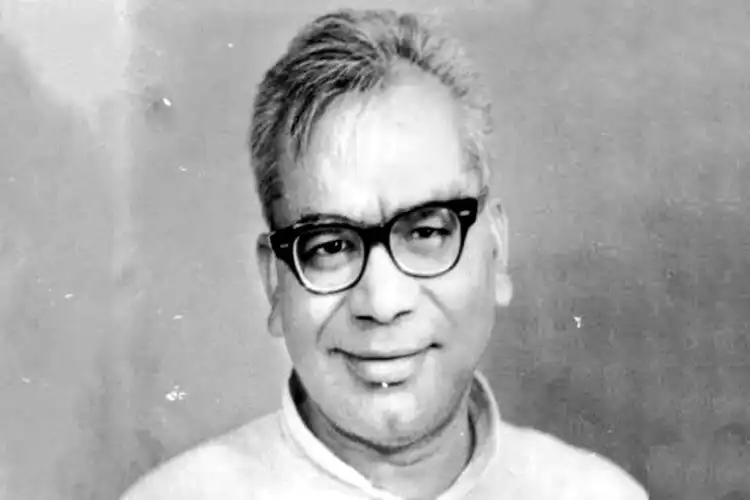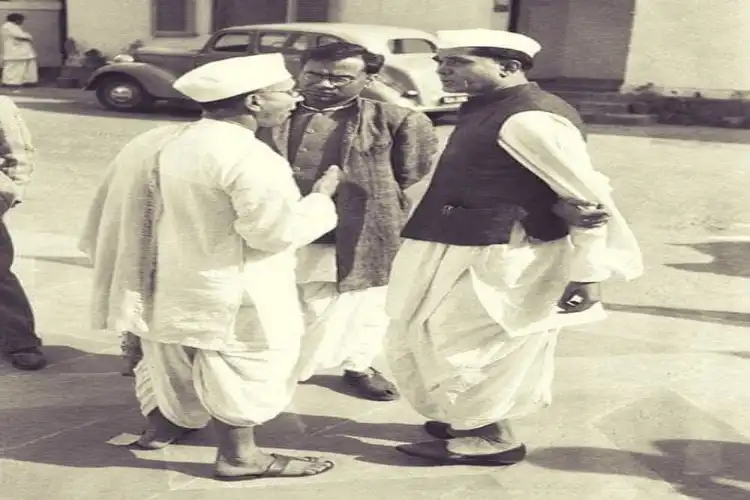Saquib Salim
At a recent seminar held at India Islamic Cultural Centre, New Delhi, Prof. Sanjay Dwivedi, Director General, Indian Institute of Mass Communication told the audience that a dearth of intercommunity dialogue is at the root of distrust among different religious communities in India. Taking his example, he said that on account of his primary education among Muslims, he is never afraid of people sporting Islamic symbols because he understands that they, like him, are normal Indian citizens.
The comment, though separated by more than six decades in time, resonated with what Ram Manohar Lohia wrote in his book Guilty Men of India’s Partition. Lohia, a socialist leader, and freedom fighter believed that a Hindu Muslim dialogue and understanding is the only remedy to religious antagonism in the subcontinent. He went to the extent that the partition of India could be undone if both the major religions interact healthily.
Lohia wrote, “Partition can be undone only with increasing identification between Hindus and Muslims, the absence of which was the prime cause of partition…… A Hindu who is an enemy of the partition must necessarily be a friend of Muslims.”
Lohia was not writing in thin air. In 1946, after the great communal disturbances in Bengal, he was asked by Mahatma Gandhi to camp in Kolkata. At that time, for almost a year, the city was divided into Hindu and Muslim regions with almost no physical interaction. Muslims would not go into Hindu settlements and vice versa. Gandhi asked him to visit the homes of his Muslim friends there.
Manohar Lohia with Jayprakash Narayan
Lohia recalled, “Little did I realise what this meant when he said it. It was such a simple thing to do…… It is, however, such simple and concrete actions that pave the way for settlements that decide the destiny of mankind. There were, however, not many at that time who were eager to pave such a way.”
Lohia and Barin Ghosh, brothers of Sri Aurobindo Ghosh, set out to meet a Muslim friend in the city. He lived in a hostel where most of the Muslim League activists were residing. No Hindu had visited the locality in almost a year. As soon as they reached, a group of Muslim League activists surrounded both of them.
They were served with tea and a lot of ‘inconvenient questions’ on politics. Almost every student was complaining that the University Vice Chancellor and Congress Leaders had not visited them in this hour of need. On this Lohia, “asked them if they fully realised the consequences of their wish”, only to receive the reply “that I was nevertheless alive”. Lohia wrote, “and so the conversation went on for nearly two hours”.
Lohia broke the ice between the two religious communities during those horrific times by creating dialogue at several other places as well. His experience made him believe that partition can be undone in times to come with revolutionary zeal. He wrote, “the opponent of Muslims in India is the friend of Pakistan” and “estrangement from each other (Hindus & Muslims) is the root cause of partition”. If we can create an environment where this estrangement does not exist we can dream of a united India.


